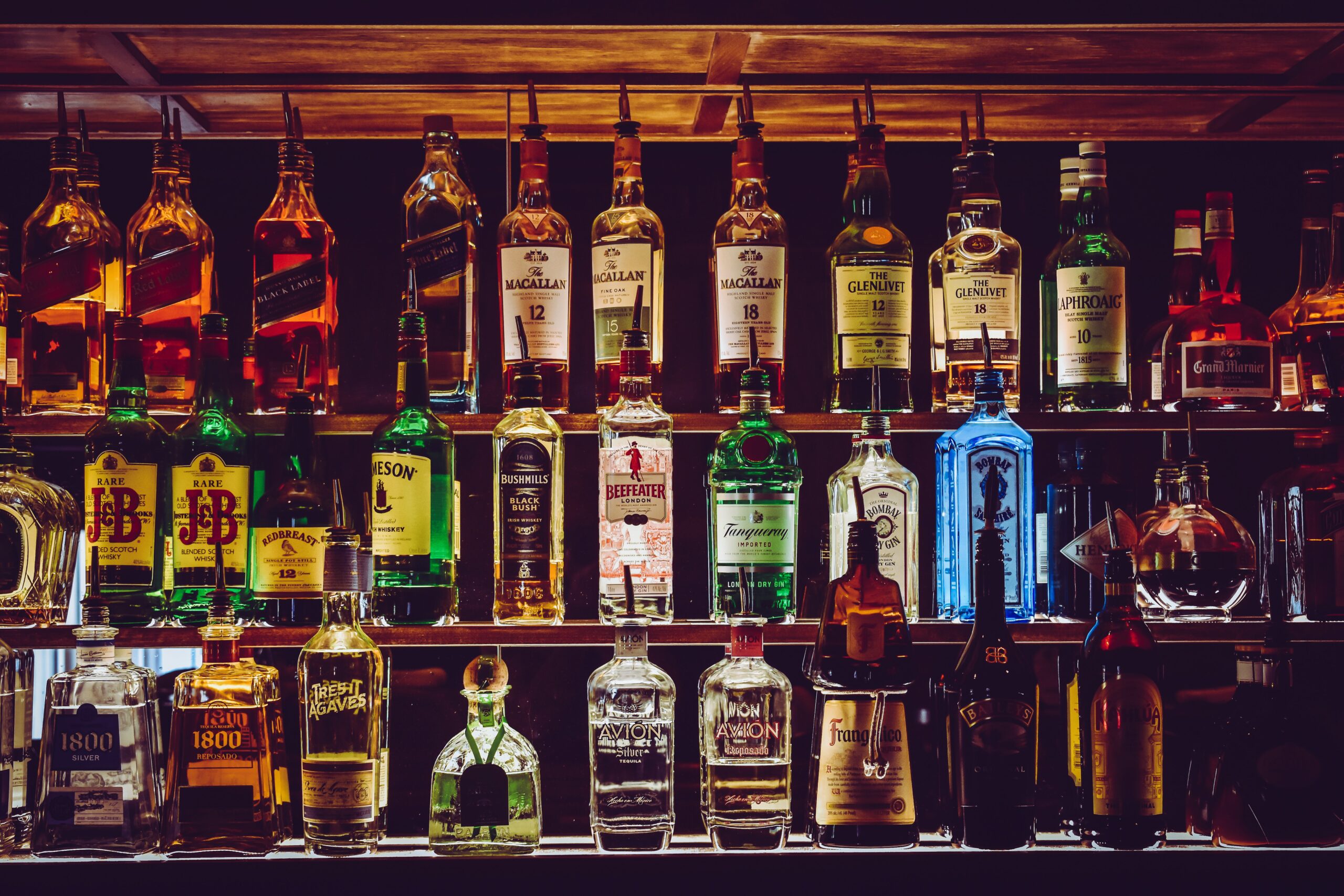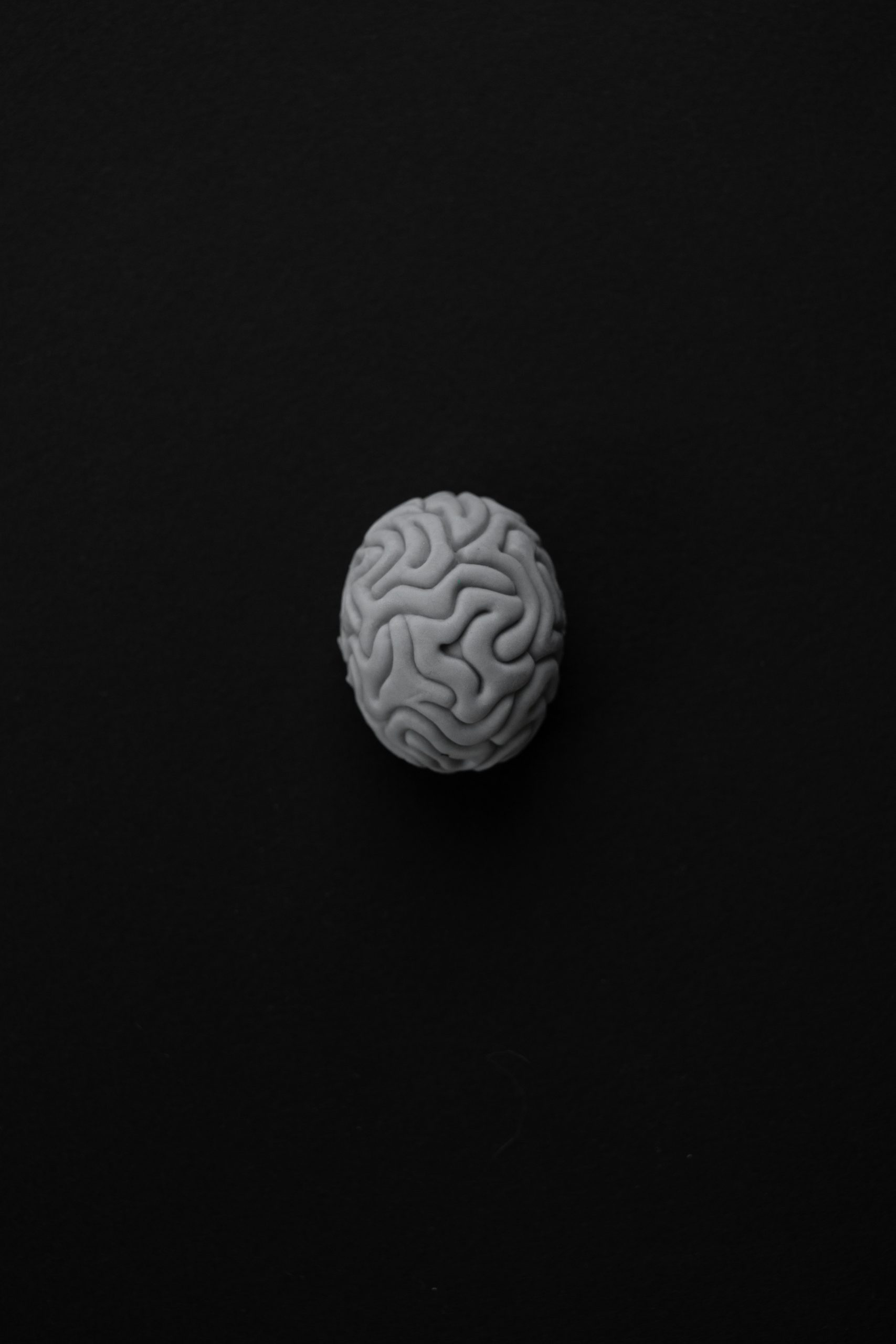Is it time to try dry January?
Dry January has been kicking around for a long while now, so let’s have a look at the benefits of abstaining from alcohol for an extended period of time.
Alcohol can be considered as a source of energy, due to the unique way it’s metabolised in the body. Alcohol is both water soluble and fat soluble, meaning it can pass through all the cells and tissues in the body.
Due to this unique nature, the body must convert alcohol. It’s intitially converted into acetaldehyde – now this is toxic to the body, so definitely not good. It’s then further converted into acetate that the body can use as an energy source.
This conversion is necessary to limit the damage of the toxic substances. All of these complex processes happen in the liver and require a lot of energy and is often why alcohol is referred to as ’empty calories’.

Alcohol effects
The effects of alcohol leading to the drunk feeling stems from the acetaldehyde. Some of this can cross the blood brain barrier, leading to a disruption in neuronal activity in the prefrontal cortex. This area is involved in thinking, planning and suppression of impulsive behaviour – I think we can all relate to this at some point or another.
Alcohol also suppresses the neural networks involved in memory formation and storage, impacting these very features in our brains.
Consumption of food, particularly a well balanced meal, prior to drinking alcohol, will slow the rate of absorption into the bloodstream. Unfortunatley, however, if you eat something when you’re already drunk, it won’t reduce your drunkeness, so your 2am burger isn’t likely to change your behaviour.
Regular alcohol consumption can also disrupt the bacteria that are housed in the gut. This protective microbiome can be killed off by alcohol, leading to inflammation caused by the gut barrier failing. Increased inflammation is associated with a number of health conditions.

A temporary boost
Alcohol can temporarily boost your mood whilst it causes short term hyperactivity and increases the production of serotonin. This is short lived and as the serotonin drops along with your mood, then the desire to reach out for another drink begins.
We often reach for a drink during times of stress, yet what you perhaps don’t realise is alcohol disrupts the crucial relationship between the hypothalamus, pituitary gland and the adrenals and those who are regular drinkers often have an elevated baseline of cortisol.
This can mean increased levels of anxiety and stress – the very things you’re trying to relieve.
As you can see, there’s a number of reasons why trying a period of abstinence from alcohol could make a big difference to your overall health.











